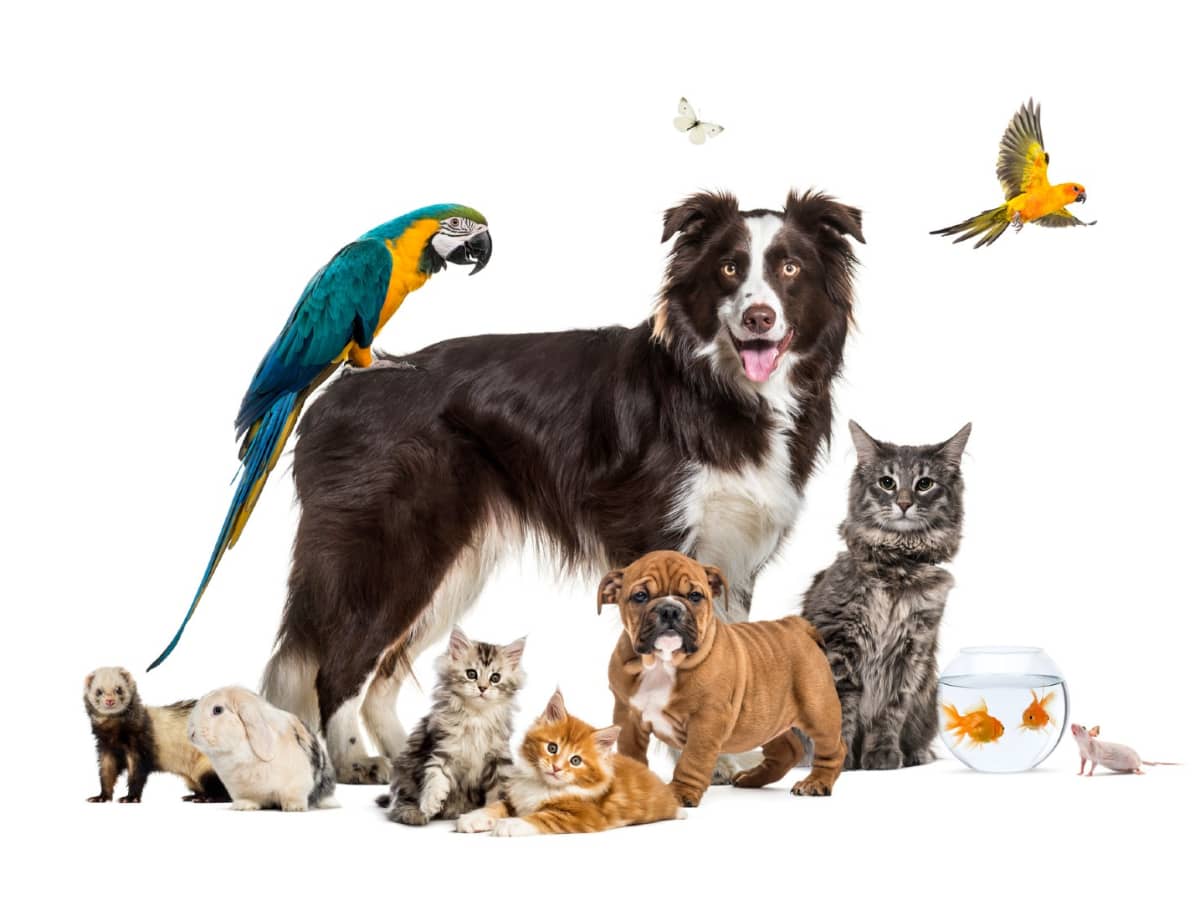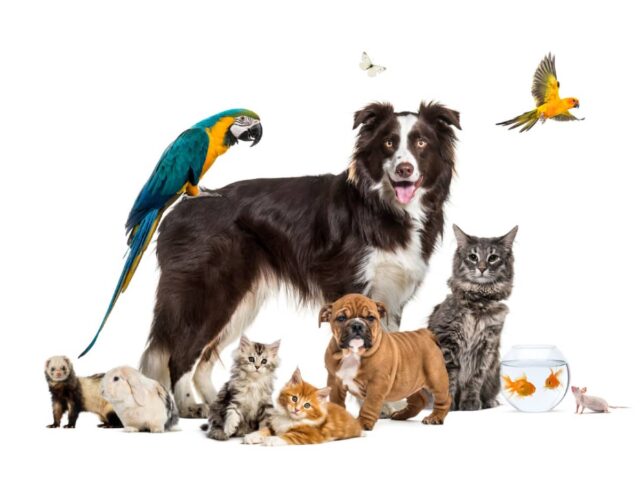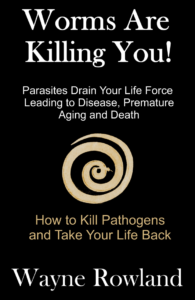Household pets are often considered part of the family, offering companionship and joy to millions. However, they are also a significant source of parasitic proliferation in humans, a reality that many pet owners may not fully realize. Let’s explore how our furry friends can contribute to spreading parasites and what can be done about it.
The Unseen Invasion
When your dog scoots his bum across your floor, he’s not just scratching an itch; he’s leaving behind a trail of thousands of parasite eggs. These eggs are invisible to the naked eye, yet they are everywhere. The same goes for when you let your dog lick your fingers. Those thousand parasite eggs anxiously await your fingers touching any area of your face, ears, or eyes, giving them access to your body. Once inside, they hatch, mate, and infect your body.
Similarly, every time your cat sits down on any surface in your house, its tail goes up, and its “wormhole” leaves a rubber stamp mark, depositing hundreds of microscopic parasitic eggs. These eggs remain in suspended animation until your finger or any other body part touches that area. They patiently await your touching any area of your or someone else’s body to infest and propagate. You may also be at risk of exposure by walking barefoot or doing gloveless gardening. Children playing in a sandbox is another common risk.
Beyond Cats and Dogs
The issue isn’t limited to cats and dogs. All kinds of household pets, barnyard animals, or livestock can contribute to the spread of parasites. Each animal has its own unique way of leaving behind these microscopic invaders, which can easily find their way into human hosts.
Compatibility and Suspended Animation
Not all parasites are compatible with the human body. Some remain in a state of suspended animation, passing through the human system while waiting for a suitable life form to infest and continue their life cycle. However, one exception is the human body possessing stores of industrial alcohol in the pancreas.
The Role of the Pancreas
The pancreas stores industrial alcohol to protect the body from this otherwise harmful substance. If an unhatched parasite egg, which is not well-suited for the human body, makes its way to the pancreas, and ample alcohol is stored there, the egg hatches. The resulting parasite sets up camp in the pancreas where it is unable to leave due to the immune system’s defenses. Human T cells will recognize them as foreign and will set out to destroy them, but T cells do not enter the pancreas, providing these parasites a safe haven.
T cells detect and destroy the parasite’s human incompatibility in a body with a well-equipped immune system. However, humans with compromised immunity may not have this kind of protection, allowing foreign parasites to run amok throughout the rest of the body.
Diabetes
If these otherwise foreign parasites expand their population in the pancreas, they incapacitate its capabilities, causing it to cease functioning. The result? Diabetes. The pancreas’s inability to function leads to a breakdown in insulin regulation, manifesting as diabetic symptoms.
A Path to Relief
My disease symptom elimination program and deworming, coupled with ten cases of my Silver Water over three months, eliminates diabetes. By killing the parasites and cleansing the pancreas and most of the body from these parasites, the body settles into a normalized working environment, thereby eliminating all diabetic-related symptoms.
Does my program cure diabetes? Legally, I cannot make that claim. However, I can confidently say the victim is free from any symptoms. This, I know for sure. Hundreds of thousands of former diabetics can’t be wrong.
Moving Forward
The presence of parasites in household pets is an unavoidable reality. However, we can mitigate their impact on human health with proper awareness and preventative measures. Regular vet check-ups, deworming of pets and their owners, good hygiene practices, and mindful pet care are essential in protecting ourselves and our beloved animals from the unseen threat of parasites. By understanding the risks and taking action, we can continue to enjoy the companionship of our pets while safeguarding our health.



Leave a Reply